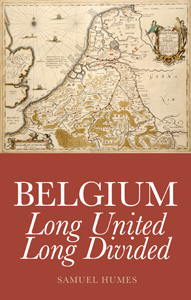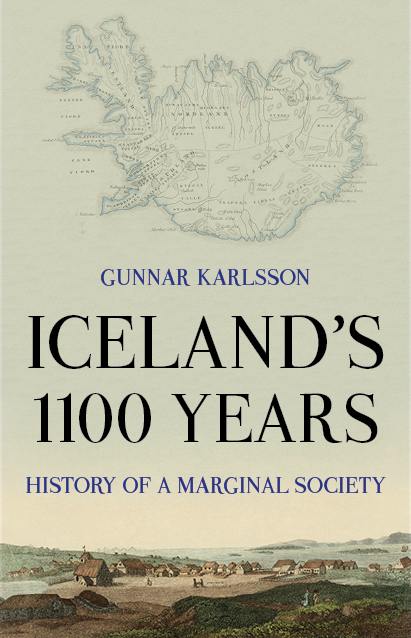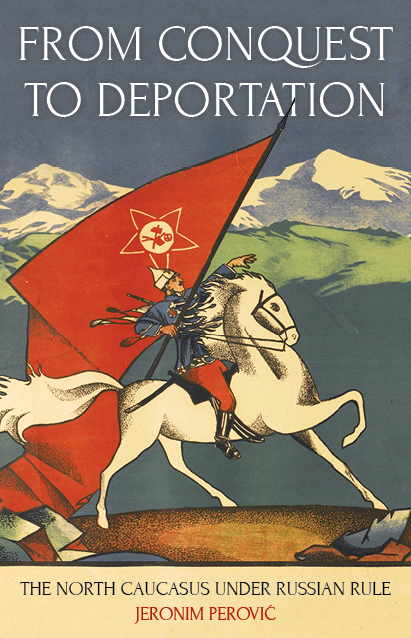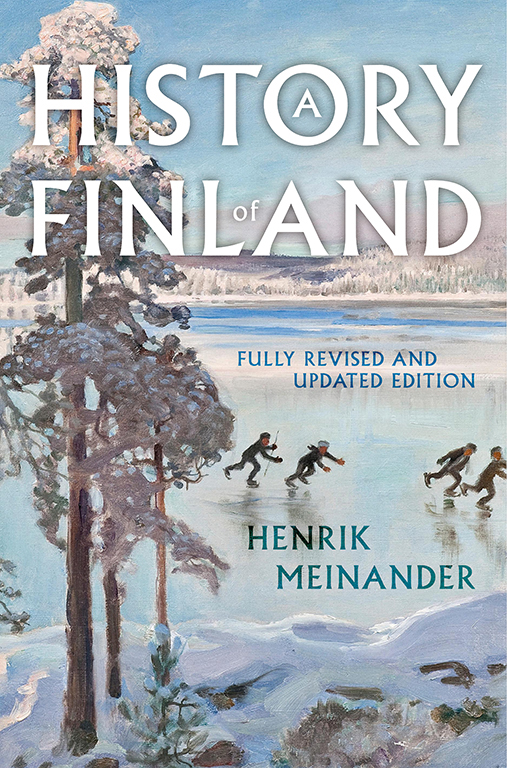Description
This concise history describes the traditions and transitions that over two thousand years have developed in Belgium a sense of shared identity, common government, and a centralised nation-state – and then over a few recent decades paved the way for the Flemish-Walloon schism that now threatens to break up Belgium.
It responds to the question: Why does a government, unified for more than 600 years, no longer seem capable of holding together a linguistically divided country?
In tracing the evolution of Belgian governance, Humes describes why and how the dominance of the French-speaking propertied elite eroded after having monopolised the land’s governance for more than 1,000 years. The extension of the suffrage, combined with the rise of literacy and schooling enabled labour and Flemish movements to gather sufficient momentum to fracture the Belgian polity, splitting its parties and frustrating its politics. The presence of the European Union (EU) and the North Atlantic Treaty Organization (NATO) has, in a tangential way, enabled the Belgian separatists to discount the merit of a national government that is no longer needed to defend the country militarily and economically.
Table of contents
Acknowledgements
Foreword by Wilfried Martens, former Prime Minister of Belgium
Preface: A Land Long United by Government, Long Divided by Language
List of Maps
List of Illustrations From Belgica to Belgium
Belgica
1. The Romans Conquer, Name and Colonise Belgica: 57BCE–406CE
2. The Franks Create a Linguistic Frontier: 406–861
3. Flanders and Lotharingia Develop Commerce, Cities and Civic Conflict: 861–1384 Burgundy
4. Burgundian Dukes Unite the Southern Low Countries: 1384–1477
5. Charles V Unites all the Low Countries: 1477–1555
6. The Beggars’ Revolt against Spain Divides the Low Countries: 1555–1599 The Southern Low Countries
7. The Spanish Hapsburgs Rule an Impoverished Land: 1599–1713
8. The Austrian Hapsburgs React to the Enlightenment: 1713–1794
9. Two revolts, French Occupation and Union with the Dutch: 1789–1830
Belgium
10. A Francophone Elite Wins Belgium its Independence: 1830–1865
11. Labour and Flemish Movements Begin to Develop: 1865–1914
12. Two German Invasions and a Depression Speed Change: 1914–1945 Flanders and Wallonia
13. The Francophone, Propertied and Dominant Elite Erodes: 1945–1968
14. Belgium Federalises: 1968–1993
15. Increasingly Isolated Flanders and Wallonia Collide: 1993–2003 Retrospect and Prospects: Keeping a Divided Land United Appendices Notes Selected Sources Index
Reviews
‘In this book, Samuel Humes gives us a brilliant insight into the age-long history of Belgium and tells how the linguistic and cultural divide determines the outlook of our country to this day. Belgium: Long-United, Long-Divided has the merit of describing Belgian history without any complexes. Or should I say: without prejudice or bias. … The objectivity with which this work is steeped makes it particularly worthwhile reading for Belgians.’ — Wilfried Martens, former Prime Minister of Belgium
‘At last a brilliant, intensive wide-ranging study of Belgium’s history and politics by a political historian who has immersed himself in its remarkable and complex political system – one of the most unusual governments among the world’s democracies. The volume concludes with a magisterial and authoritative essay (assessing Belgium’s 2000-year long history, its present language-driven separatist crisis, and its future prospects.’ –– James MacGregor Burns, Pulitzer prize-winning biographer and Woodrow Wilson Professor (emeritus) of Political Science at Williams College, author Government by the People and Roosevelt: The Lion and the Fox
Author(s)
Samuel Humes lived in Belgium from 1984 till 2008, where he was director of Boston University’s Brussels campus. He is a graduate of Williams College (BA), the University of Pennsylvania (MGA), and Leiden University (Drs and PhD). He is the author of Managing the Multinational: Confronting the Global-Local Dilemma, The Structure of Local Government Throughout the World and Local Governance and National Power.






